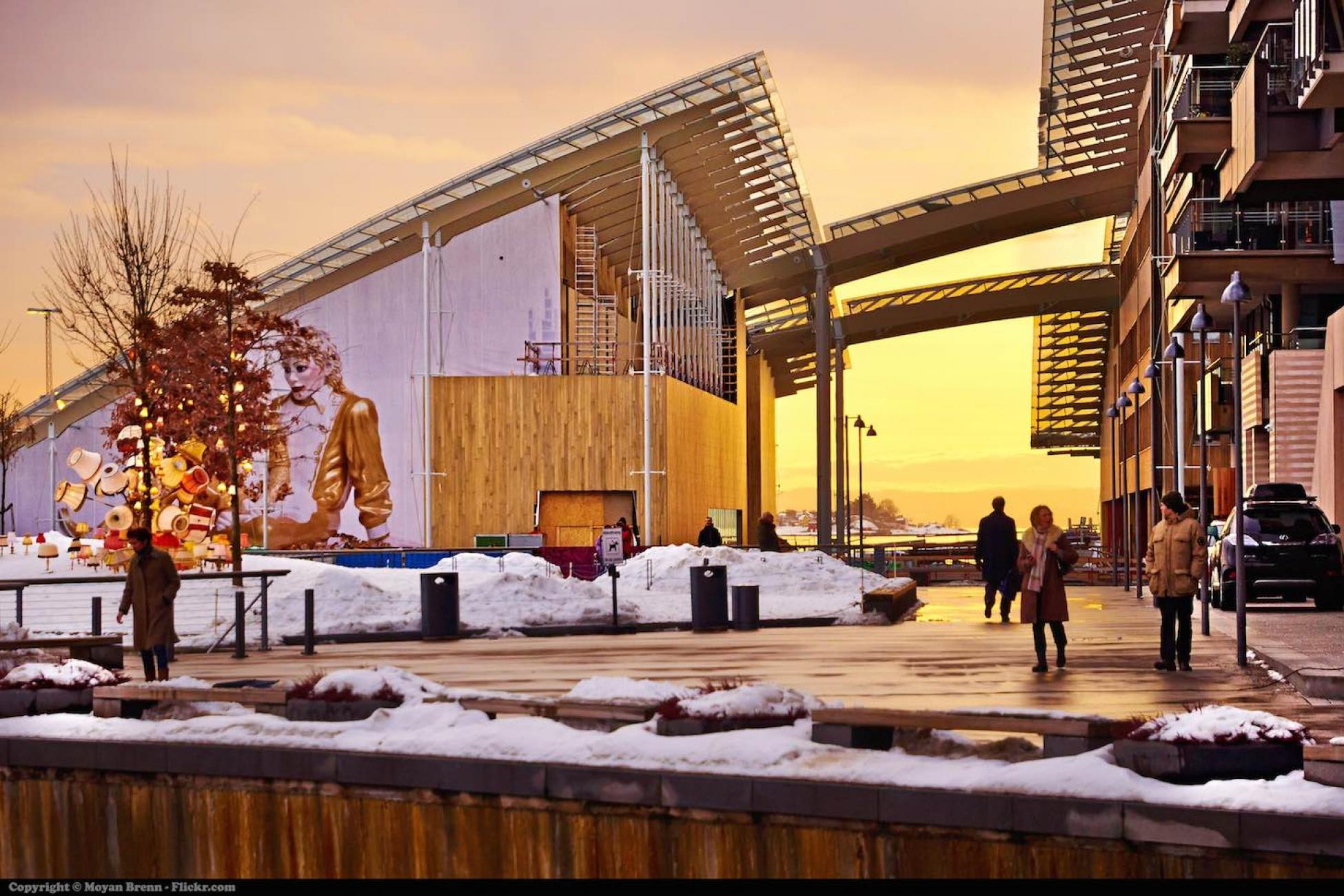A group of 10 of us huddled together in the crisp morning air, our breath condensing and creating little clouds of warmth. We had filled two cars with our luggage and programmed the address of the Oslo tourist office into the offline navigator.
With four-and-a-half hours on the clock, we were off, making a short pitstop at the Systembolaget (liquor store) in Gothenburg to get some drinks before crossing the Norwegian border. We packed some sandwiches and sung along to power ballads as the landscape passed by. After getting lost in downtown Oslo and then getting stuck in traffic for a good 20 minutes, we finally arrived, ready to conquer the city in 48 hours.
The Oslo tourist office offers the “Oslo Pass,” which we all utilized fully. For a small price and even smaller for students with a ID card, you can use the transit system, get free admission into over 30 museums and get discounts on certain attractions and restaurants. Over two days, we visited the National Gallery, the Munch Museum, the Holmenkollen Ski Museum & Tower, the Fram Museum and the Norwegian Folk Museum. (I think we saw enough museums to last us for a while!)
While the Oslo Pass is a great saving option, there are many free attractions to visit while in Oslo. One of our group’s favourite with the Oslo Opera House. What makes the Opera House so unique is its architecture, which allows visitors to climb its roof and look at the water from the top. We couldn’t decide if it was more beautiful during the day or at night when all of the lights were reflecting off the water.
Another free attraction (and my favourite place that we visited) is the Vigeland Sculpture Park. Gustav Vigeland, a Norwegian sculptor whom favourite sculpting highly realistic carvings of human beings. We walked along the promenade and tried to imitate the sculptures, some easy while others required a helping hand.
While Oslo may be pricey—restaurants I’m looking at you—it's still feasible to see the city on a student’s budget and I highly recommend it.

